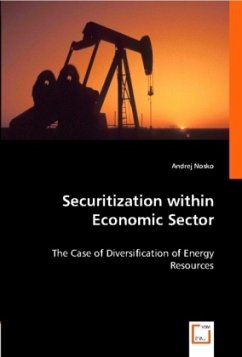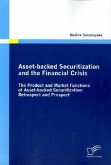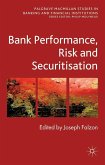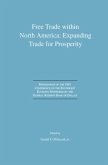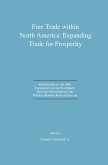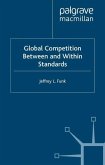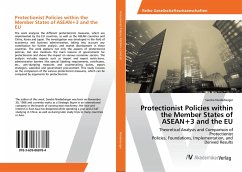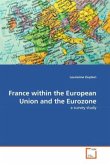Utility of theoretical framework for analyzing economic security as proposed by the Copenhagen School of Security (Buzan et al., 1998), is tested through analysis of diversification of oil supplies in Czechoslovakia (and Czech Republic). The analysis follows concurrent processes of securitization, and desecuritization within the context of political, and economic transition. Securitizing moves, which were supposed to take issues beyond everyday politics were performed within the context of transition and absent sedimented rules that are by definition a representation of everyday politics. The contribution of this work is in finding that security formation within the transitional context of rule formation follows different patterns from the ones expected by the original (Buzan et al., 1998) theoretical framework, and empirically supported recognition, that securitization within economic sector is more likely to be performed and accepted by economical nationalists, while economic liberals are not receptive to securitizing moves within economic sector, and are more likely to perform and support desecuritization.

